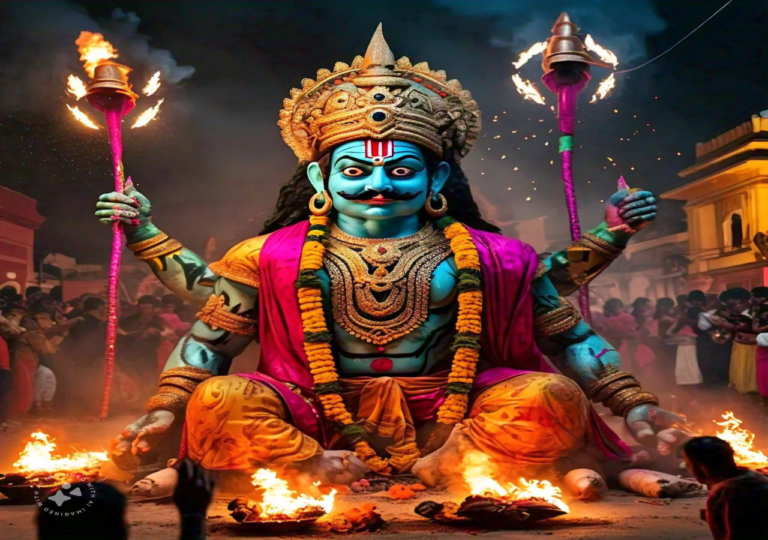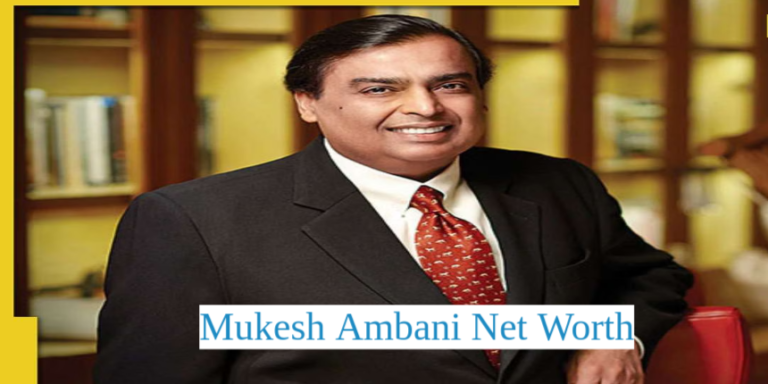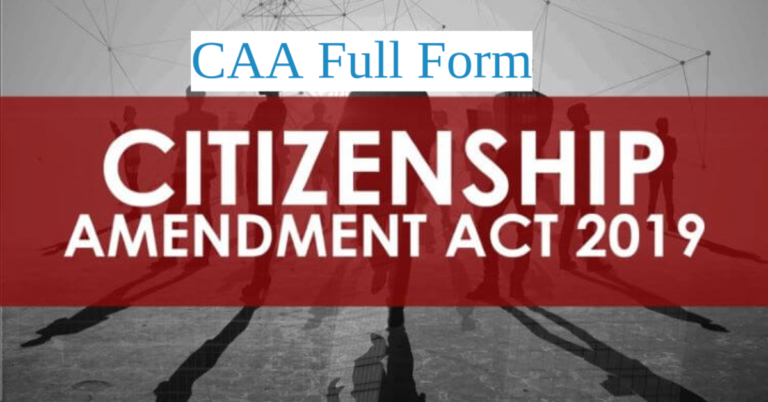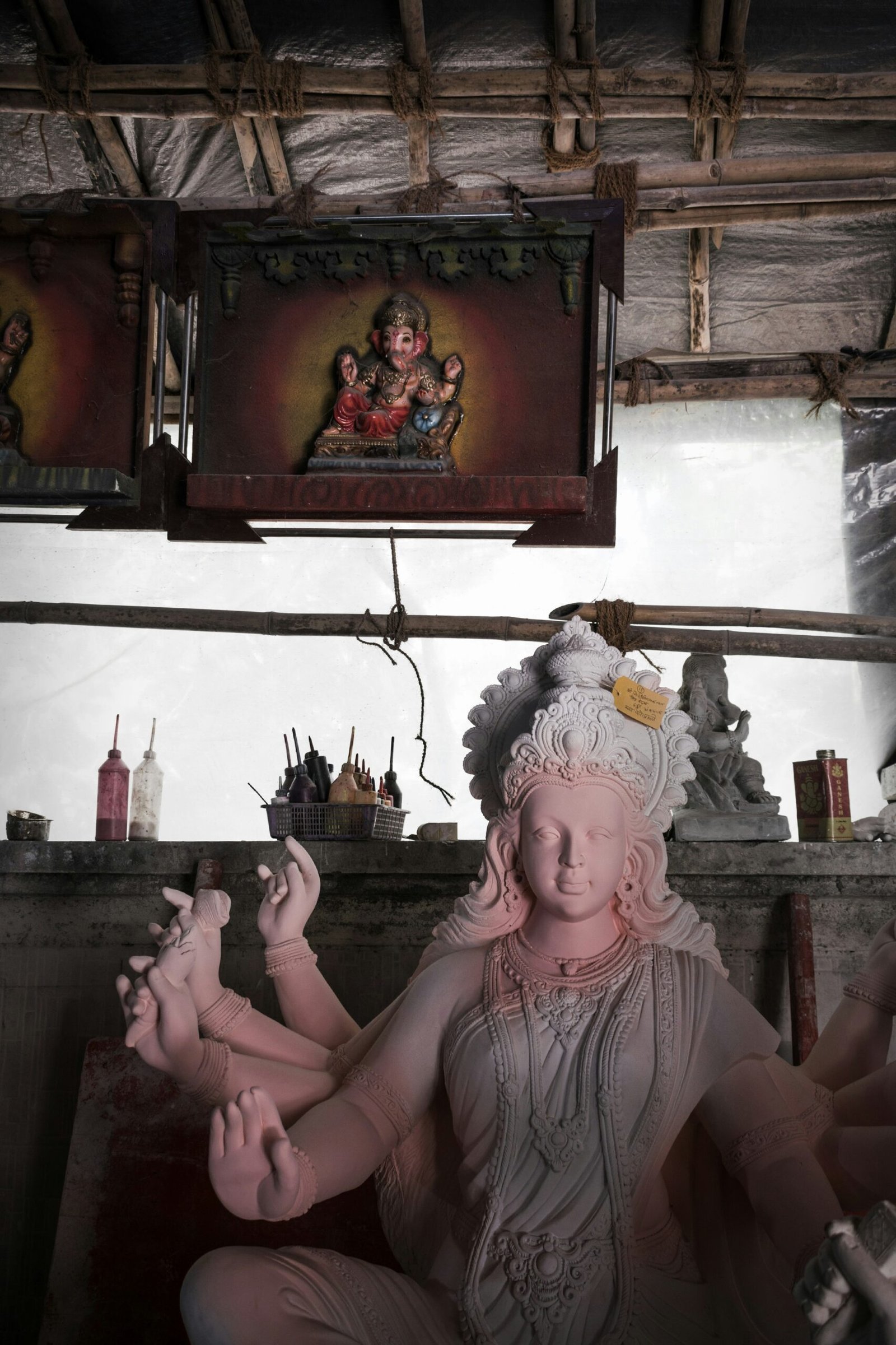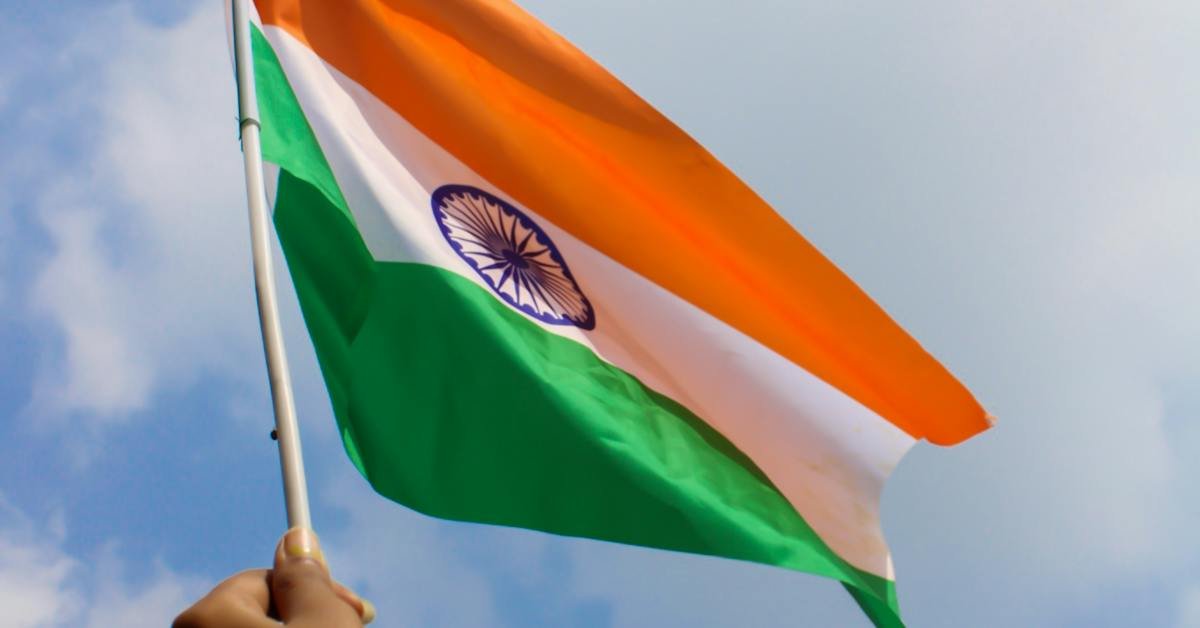
Republic Day is an annual commemoration observed in numerous countries worldwide, signifying the establishment of a sovereign state and the adoption of a constitution. This celebratory event holds profound significance, fostering national unity, pride, and the collective memory of a nation’s journey towards self-governance. One such poignant example is the Republic Day celebration in India, a day etched in history that resonates with the spirit of democracy and freedom.
On January 26th every year, Indians come together to honor the day when their nation officially adopted the Constitution in 1950, marking the transition from a constitutional monarchy to a democratic republic. The celebration is not merely a display of patriotic fervor; it is a reflection of the hard-fought struggle for independence and the subsequent endeavor to shape a nation governed by principles of justice, liberty, equality, and fraternity.
At the heart of the celebration lies the homage paid to the framers of the Indian Constitution, a document that serves as the guiding light for the nation. Dr. B.R. Ambedkar, often hailed as the chief architect of the Indian Constitution, played a pivotal role in drafting this sacred text. Republic Day, therefore, serves as a tribute to the visionaries who toiled to build a democratic framework that would stand the test of time.
The symbolism inherent in the celebration is multi-faceted. It signifies a break from colonial rule, marking India’s transformation into a republic that would chart its own course on the global stage. The day is a poignant reminder of the sacrifices made by countless freedom fighters who dreamed of a free and sovereign nation. Republic Day is a nod to their struggles, a salute to their unwavering determination, and a commitment to upholding the principles for which they fought.
The grandeur of the Republic Day parade in the capital, New Delhi, adds another layer to the celebration. The meticulously planned and executed parade showcases India’s cultural diversity, military prowess, and technological advancements. It is a spectacle that draws people from all walks of life, showcasing the unity in diversity that is a hallmark of the Indian ethos. The march past, tableaux, and cultural performances provide a visual representation of the country’s rich heritage and its march towards progress.
Beyond the spectacle, Republic Day is an occasion for introspection. It prompts citizens to reflect on the state of the nation, its achievements, and the challenges that lie ahead. It is a day to renew the commitment to the ideals enshrined in the Constitution, ensuring that they remain the guiding principles for the nation’s growth and development.
The celebration extends beyond the national capital, with states and union territories organizing their own events to mark the occasion. Schools, colleges, and various institutions across the country participate in flag hoisting ceremonies, cultural programs, and debates that delve into the essence of democracy and citizenship. It is an opportunity to instill a sense of civic responsibility in the younger generation, nurturing the future custodians of the nation.
Republic Day also serves as a diplomatic platform. The presence of a chief guest, often a head of state or government from another country, underscores India’s commitment to fostering international relations. It symbolizes unity and collaboration on the global stage, emphasizing the shared values of democracy and freedom.
For many, Republic Day is a day of pride—a celebration of the progress India has made since gaining independence. It is a reminder of the nation’s resilience, its ability to overcome challenges, and its unwavering commitment to democratic ideals. It is an occasion to celebrate the diversity that defines India, a tapestry woven with threads of different cultures, languages, and traditions.
In essence, Republic Day is a celebration of the collective identity of a nation. It is a day to honor the past, cherish the present, and envision a future where the flame of democracy continues to burn brightly. It is a reminder that the journey towards nationhood is ongoing, and each citizen plays a crucial role in shaping the destiny of the nation.
As the tricolor unfurls and the national anthem echoes through the air on Republic Day, it is a moment of shared pride and patriotism—a moment that transcends individual differences and binds the nation in a common narrative. It is a celebration of the people, by the people, and for the people, echoing the timeless words of the Preamble to the Indian Constitution. Republic Day stands as a testament to the enduring spirit of a nation, resolute in its pursuit of a democratic and inclusive future.
Also Read:
